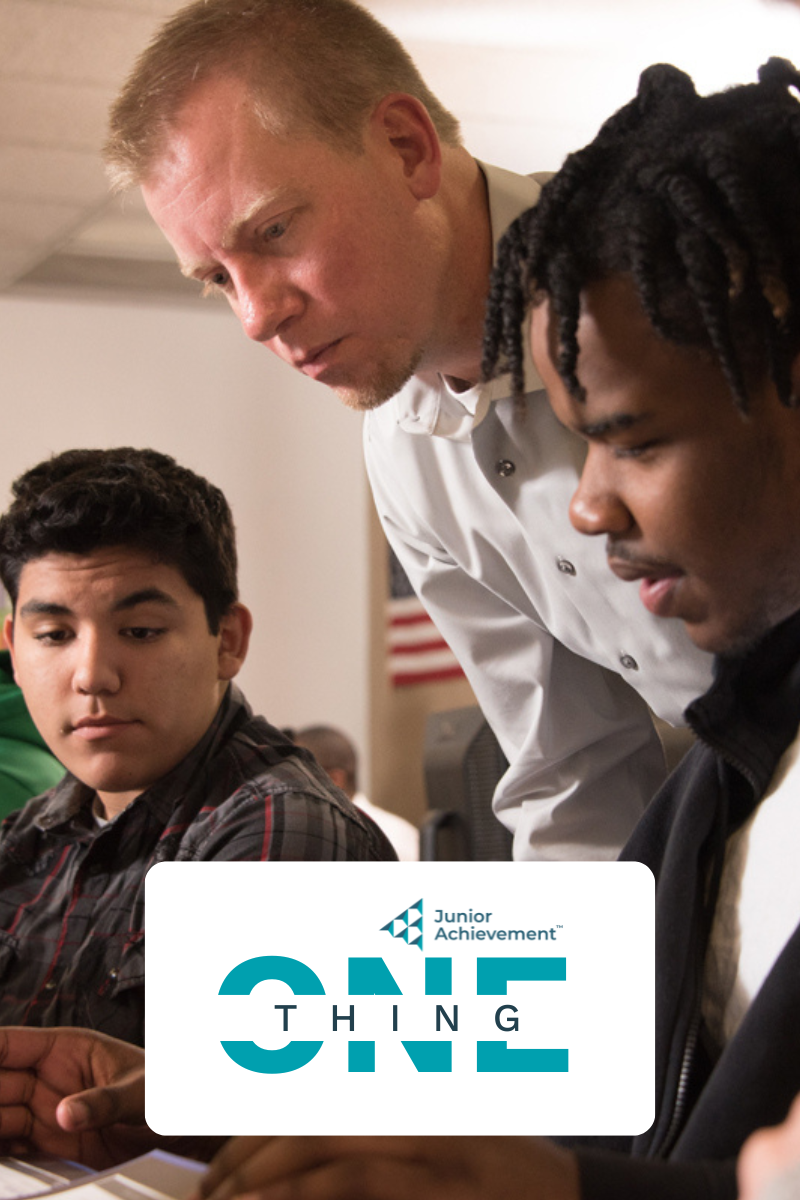Author: Kelsey Matzinger
Financial Literacy
Published:
Tuesday, 06 Aug 2024
Sharing
.png/400w/50q)
Image caption: 68% of teens would eagerly enroll in a financial literacy course if offered, but only 31% report having access to such courses at their schools.
As students gear up for the new school year, one critical subject they might miss out on is financial literacy. A recent survey conducted by Junior Achievement and Big Village reveals a significant gap between the demand for financial education and its availability in schools. According to the survey, 68% of teens would eagerly enroll in a financial literacy course if offered, but only 31% report having access to such courses at their schools. This discrepancy is alarming, especially considering that the International Federation of Accountants (IFAC) estimates that financial illiteracy costs the United States nearly half a billion dollars annually.
Tim Greinert, President of Junior Achievement USA, highlights the importance of financial education: “When you ask adults what they wish they learned in school but didn’t, it usually involves topics like understanding how money works. These findings show that most teens today would like access to this kind of information, but many may not be getting it.”
The Need for Financial Literacy
Junior Achievement provides learning experiences for students from kindergarten through 12th grade, and even for young adults over 18, focusing on financial literacy, career readiness, and entrepreneurship. These programs, often offered at little or no cost to schools, reach over 4.4 million students across the United States annually.
Additional Survey Insights
The survey, which included responses from 1,002 teens aged 13 to 17, uncovered several other key insights:
- Career Readiness and Entrepreneurship: 60% of teens expressed interest in courses related to work and career readiness and entrepreneurship if available at their schools.
- College Funding: 41% of teens would likely take courses on how to pay for college.
- Artificial Intelligence in Education: Interest in using AI for schoolwork has decreased. Last year, 44% of teens were likely to use AI for their studies, but this year, only 30% have done so. Additionally, 54% of teens view using AI for schoolwork as cheating, a slight decrease from 60% last year.
Survey Methodology
The Youth CARAVAN survey was conducted by Big Village from July 9 to 14, 2024, with a sample size of 1,002 teens aged 13 to 17. The respondents were selected from a pool of volunteers for online surveys and polls. The survey is nationally representative, with quotas set based on census data, and has a margin of error of +/- 3.1%.
The findings from this survey highlight a critical gap in the education system. While the demand for financial literacy education is high among teens, the availability of such courses is disappointingly low. Junior Achievement continues to bridge this gap by offering comprehensive programs that equip students with essential life skills. As we move into the new school year, it’s crucial to recognize and address this need, ensuring that future generations are financially literate and prepared for the challenges ahead.
For more information on how Junior Achievement is making a difference, visit JA.org.























































